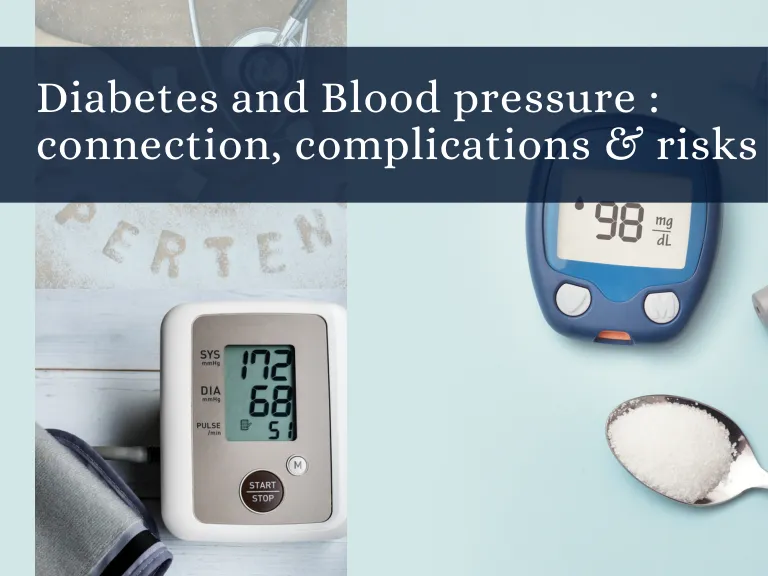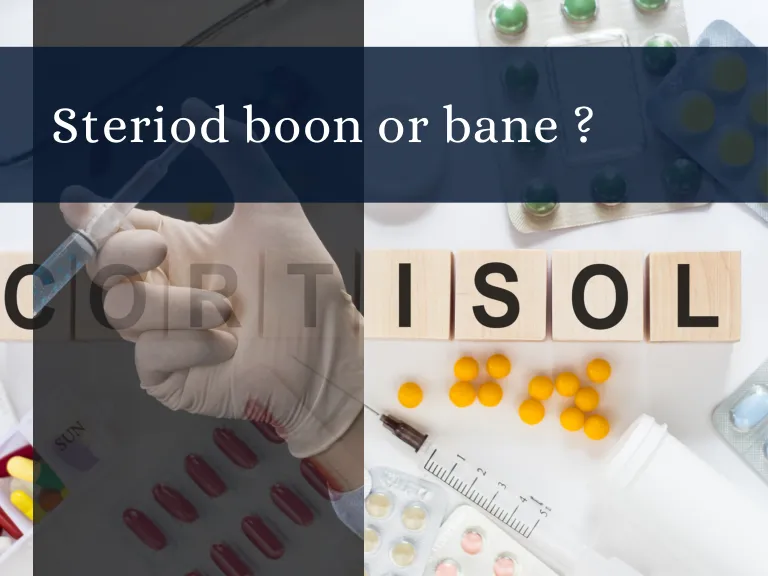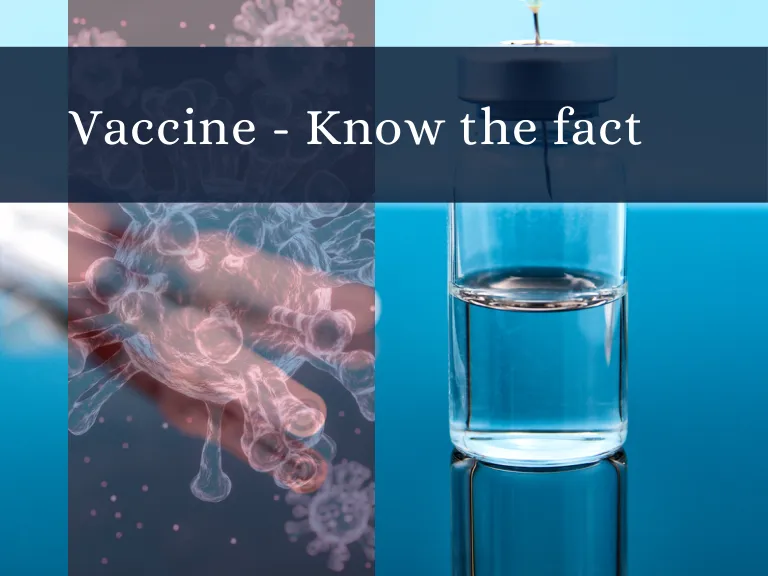Can Diabetes Be Reversed?
-
 Nalamaree Team
Nalamaree Team
- 29 March 2024
Type 2 diabetes is considered a chronic condition, and while it cannot be cured, it can enter remission. Remission means that the blood sugar levels are consistently within the normal range without the need for diabetes medication. This state can sometimes be achieved through significant lifestyle changes, particularly weight loss and dietary adjustments. It’s also worth mentioning that these findings primarily apply to Type 2 diabetes. Type 1 diabetes, being an autoimmune disease, cannot be reversed by lifestyle changes. If you’re considering making any changes to your diabetes management plan, it’s crucial to consult with a healthcare professional first.
Reversing Type 2 diabetes is achievable with early detection and effective treatment through lifestyle modifications. Although a complete cure for Type 2 diabetes remains elusive, research indicates that it's possible to reverse its progression. Here are some key insights:
- Weight Loss: The cornerstone of reversing diabetes appears to be shedding excess weight. By implementing dietary adjustments and achieving weight loss, it's possible to attain and sustain normal blood sugar levels without the need for medication. However, it's important to note that remission doesn't equate to a permanent cure. Type 2 diabetes is a chronic condition, and even in remission, there's a risk of symptoms resurfacing.
- Low-Calorie Diet: Studies conducted in England have investigated the impact of very low-calorie diets on overweight individuals with diabetes. Participants adhered to a predominantly liquid diet consisting of 625-850 calories per day for 2-5 months, followed by a less restrictive diet to maintain their weight loss. Nearly half of the participants successfully reversed their diabetes and maintained blood glucose levels within the normal range for up to six months to a year. It's worth noting that such a diet regimen is extreme and necessitates professional supervision.
- Mechanisms: In Type 2 diabetes, the functioning of cells responsible for regulating blood sugar becomes impaired. Research suggests that certain cells may regain functionality, particularly with weight loss. Reduced fat levels in the liver and pancreas can facilitate the restoration of beta cell function in the pancreas. Initiating a weight loss regimen promptly after diagnosis is recommended to optimize outcomes.
- Exercise: While exercise alone may not be sufficient for achieving remission, when coupled with dietary modifications, it can contribute significantly. Adopting a modest, calorie-restricted diet alongside increased physical activity can pave the way for remission.
















